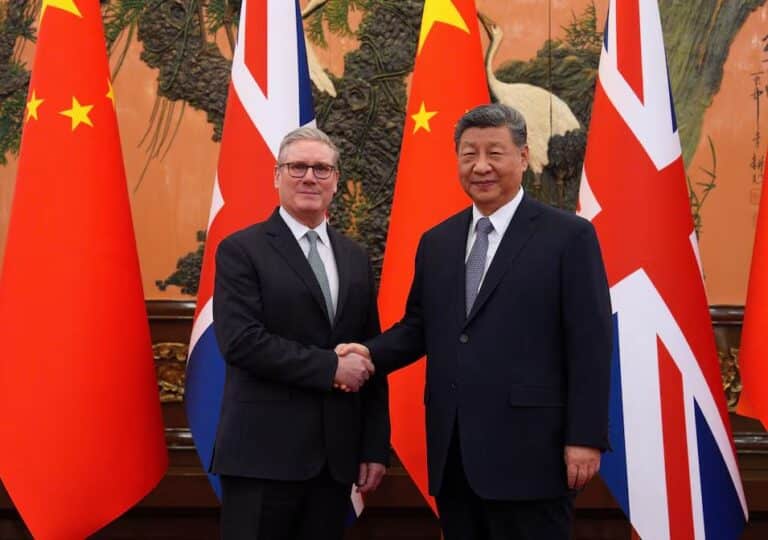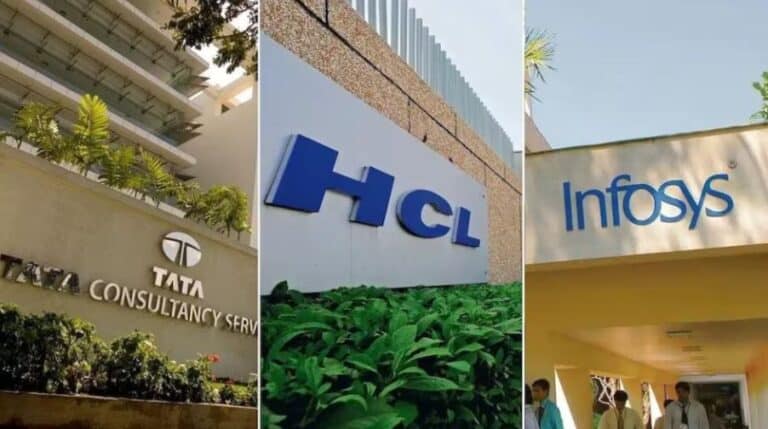
At the World Economic Forum (WEF) in Davos, President and CEO Borge Brende expressed optimism about India’s future, projecting the country’s significant contribution to global economic growth in the coming years. Brende underscored that with the right reforms, India could accelerate its economic expansion to 7-8% annually.
“India is already growing at an impressive rate of 6% this year, but there’s no reason it cannot surpass this,” Brende stated in an interview with NDTV. He emphasized the importance of investments in infrastructure, education, and research and development (R&D) as critical enablers for sustained growth.
Highlighting India’s dynamic startup ecosystem, Brende remarked, “India boasts over 120,000 startups, including more than 120 unicorns. This robust ecosystem forms the foundation for the country’s future economic trajectory.” He added that India’s innovative spirit and technological advancements position it well to capitalize on global trends, particularly in digital trade and services, which are growing three times faster than traditional goods trade.
Discussing India’s aspirations to become a developed nation by 2047, Brende expressed confidence, noting that the country is on track to becoming a $10 trillion economy. He credited India’s strength in digital trade and its pivot toward services as key factors supporting this ambition.
When asked about the challenges and opportunities brought about by the digitalization of the workforce, Brende pointed out the need for upskilling and reskilling. “Increased productivity is essential for prosperity. While automation and digitalization may disrupt some jobs, they also create opportunities to move up the value chain, produce more, and pay better,” he explained.
The WEF has also integrated climate action as a core focus of its agenda, a topic that resonated strongly with India’s participation at Davos. Brende stressed the urgency of combating climate change, warning of the dire consequences of inaction. “The cost of inaction far exceeds the cost of action,” he said, citing wildfires, droughts, and disruptions in food production as examples of climate-related challenges.
India, like other vulnerable nations, has already felt the impact of climate change, including extreme heat waves and agricultural challenges. Brende highlighted that meeting the global target of limiting temperature rise to 1.5–2 degrees Celsius is crucial for countries like India, which have historically emitted less CO2 but face disproportionate risks.
The five-day summit in Davos, which hosts nearly 3,000 leaders from over 130 countries, aims to explore strategies for re-launching growth, leveraging new technologies, and fostering social and economic resilience. India’s delegation, comprising five Union ministers, three chief ministers, and representatives from various states, seeks to attract investment and solidify the country’s position as a global leader in sustainable development and technological innovation.
India’s active participation at Davos reflects its commitment to strengthening international partnerships, promoting sustainable practices, and showcasing its growth potential to the global community.
As Brende summarized, “India’s journey is remarkable. With strategic reforms and investments, it has the potential to not only meet its development goals but also drive global progress.”







